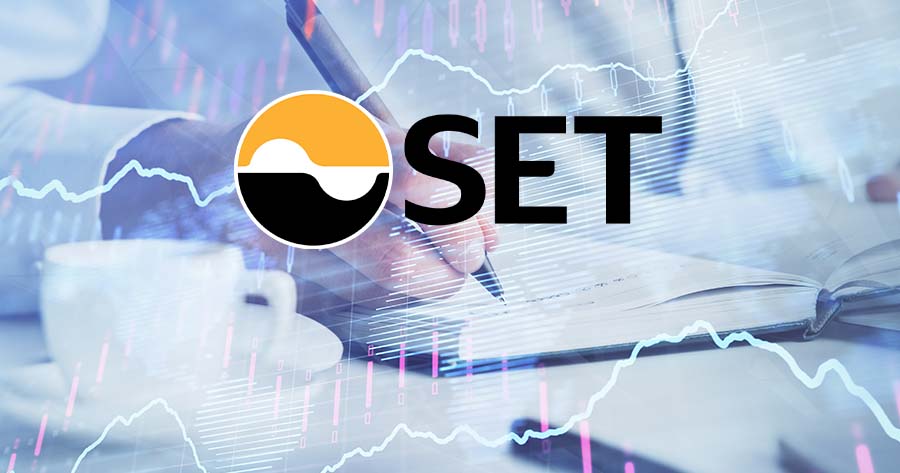Major stock markets in Asia traded in a mixed session on Tuesday at the report of China’s factory activity growing at its fastest pace in six months in December.
On January 4, 2022, Thailand’s SET Index opened at 1,665.28 points, increased 7.66 points or 0.46%.
As of 10:30 local time in Thailand, Nikkei rose 1.38%, SSEC dipped 0.59%, Hang Seng Index fell 0.51%, ASX 200 increased 1.61% and IDX Composite gained 0.61%.
Earlier this morning, a Chinese private survey reported that the Caixin/Markit Manufacturing Purchasing Manager’s Index (PMI) rose to 50.9 in December – its highest level since June. Economists in a Reuters pool had expected the index to rise to 50.0, which separates growth from contraction on a monthly basis, from November’s 49.9.
Asia Wealth Securities (AWS) expects the SET this week (4-7 January 2022) to fluctuate, moving within a range of 1,620-1,675 points from concerns over 3 short-term risks: (1) The Omicron epidemic, (2) LTF maturity selling pressure, and (3) global trade issues. However, there are still positive factors from the government’s economic stimulus schemes.
Consequently, Domestics Play stocks remain attractive, especially those that benefit from recovering domestic purchasing power, the government’s EV Car support schemes, and the trade war as the recommended Core Investment.
For the investment strategy, AWS recommends maintaining a 50% stake and waiting to buy stocks with Laggard prices to support further earnings. The issue to be covered for this week is the OPEC+ meeting today (4 January) that the securities company expects to maintain the plan to increase February production at 400,000 barrels per day despite entering the end of seasonal demand and increasing Omicron. Another issue to be covered on 5 January is the meeting of FOMC Minutes (14-15 December 2021) with QE tapering accelerating signals as expected and a more hawkish stance in signaling an acceleration in interest rates and the CCSA meeting will assess the situation and proposals to the general meeting of the major CCSA on 7 January.
Core Investment
1) Stocks that benefit from recovering domestic purchasing power (short-term trading 1-3 months) – BEM, SPRC, BEC, ONEE, BJC, CRC, CPALL, OSP, CBG, MAKRO, HMPRO, CRC, KBANK, AWC, LH, SC and ORI
2) Stocks that benefit from the government’s EV Car support measures (short-term trading 1-3 months) – KCE, GPSC, PACO, IHL and AH
3) Anti-oil group (short-term trading 1-3 months) – TASCO, EPG, PTG, OR, GPSC and BGRIM
4) Laggard and supported from earnings (short-term trading 1-3 months) – WHA, BANPU, SELIC, IHL, KTC, TASCO, KTB and BBL
5) Stocks that benefit from the trade war (short-term trading 1-3 months) – WHA and AMATA
6) Stocks that benefit from election (medium-term trading 3-6 months) – CPALL, OSP, PLANB, LH and STEC
7) Stocks that benefited from the increased adoption of 5G (long-term trading, more than 6 months) – ADVANC
8) Stocks that benefit from the rising interest rate trend (long term-trading, more than 6 months) – BLA, TIPH, SCB, KBANK and TTB
9) Dividend Play (long-term trading, more than 6 months) – KKP, TCAP, TASCO, PSH, TISCO, SPCG, SC, WHAUP, CTW, ORI, RATCH, TVO, TTW and SPALI
10) DCA – Long-term accumulative stocks (long-term trading, more than 1 year) – AOT, BEM, ADVANC, INTUCH, BDMS, HMPRO, KBANK and KKP





